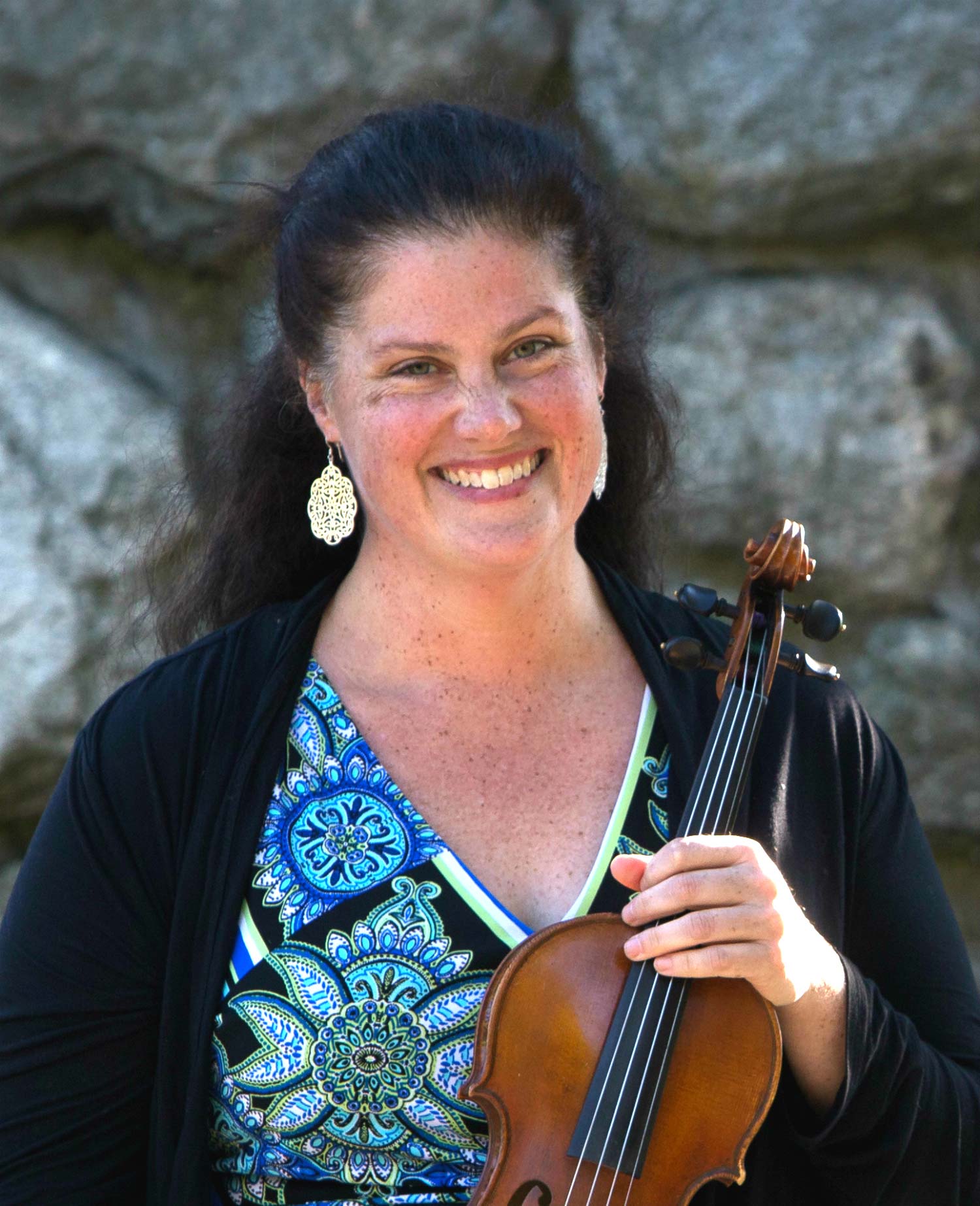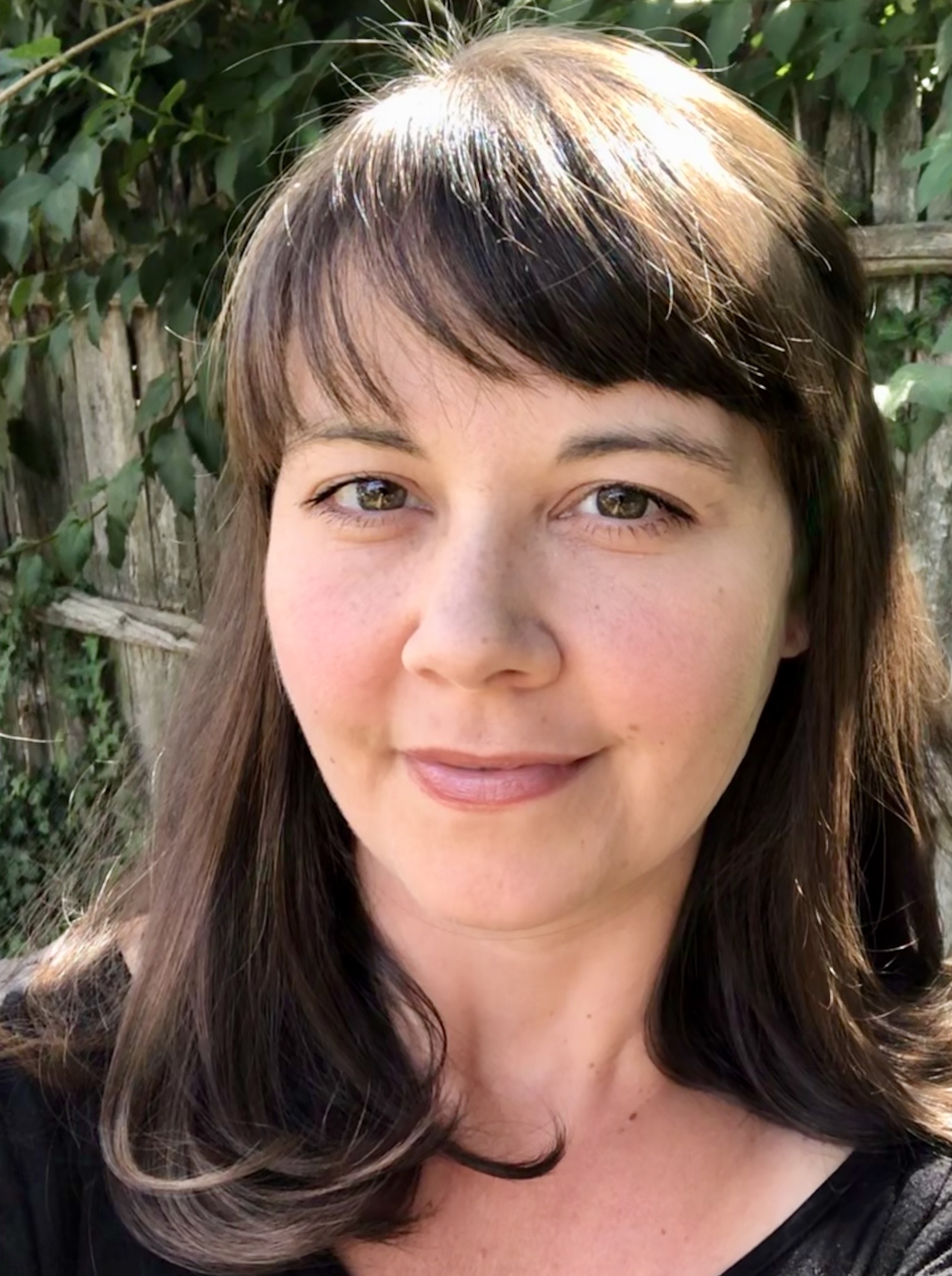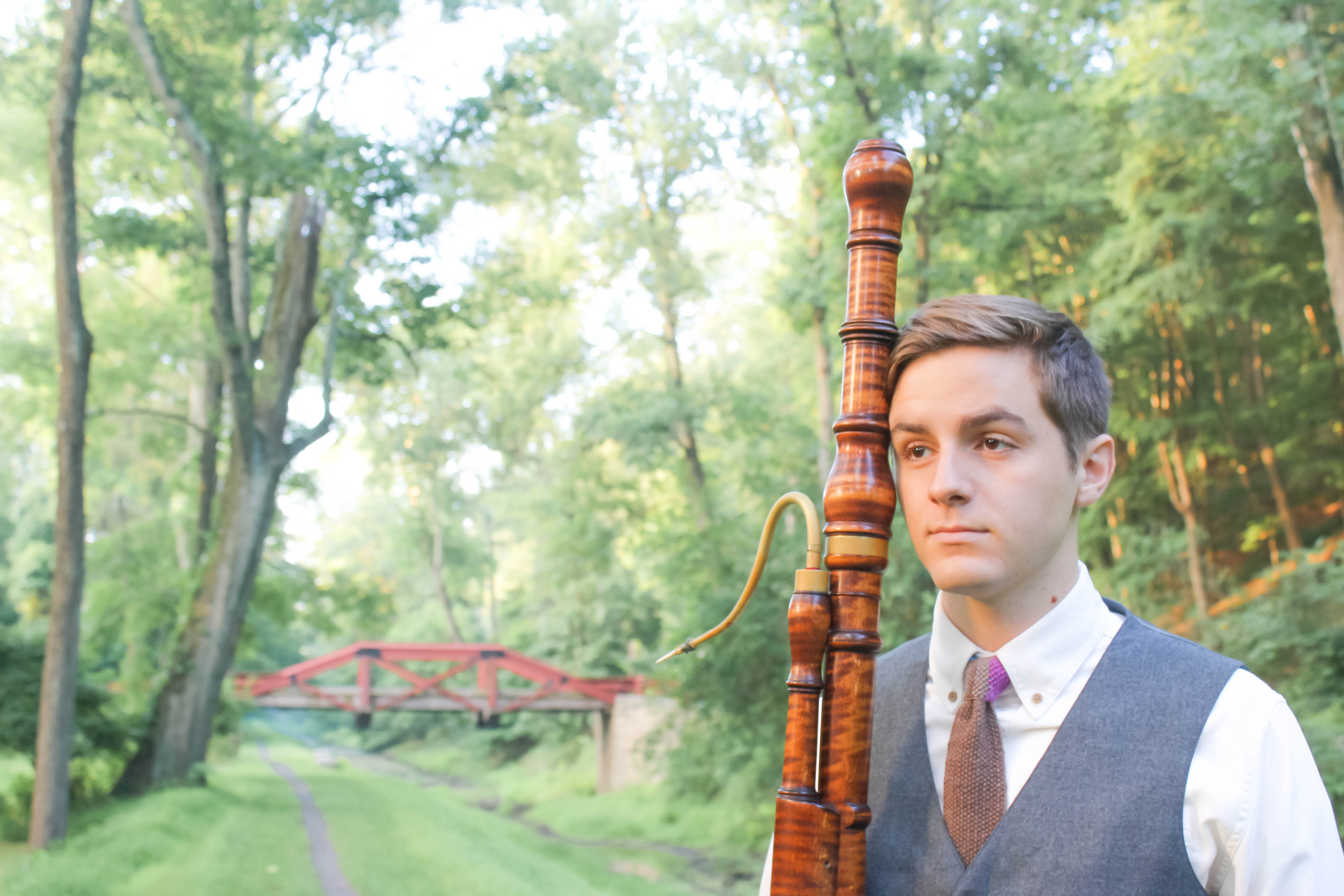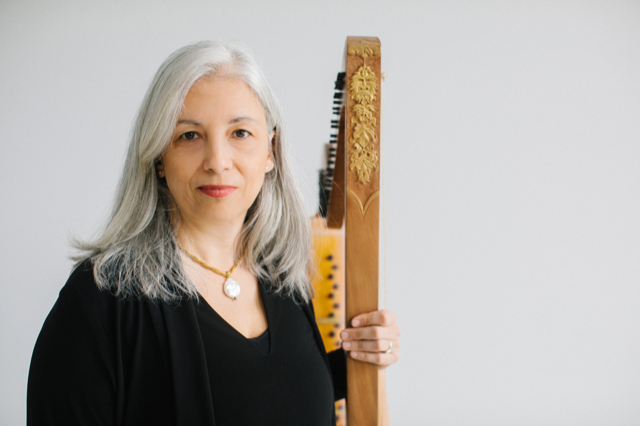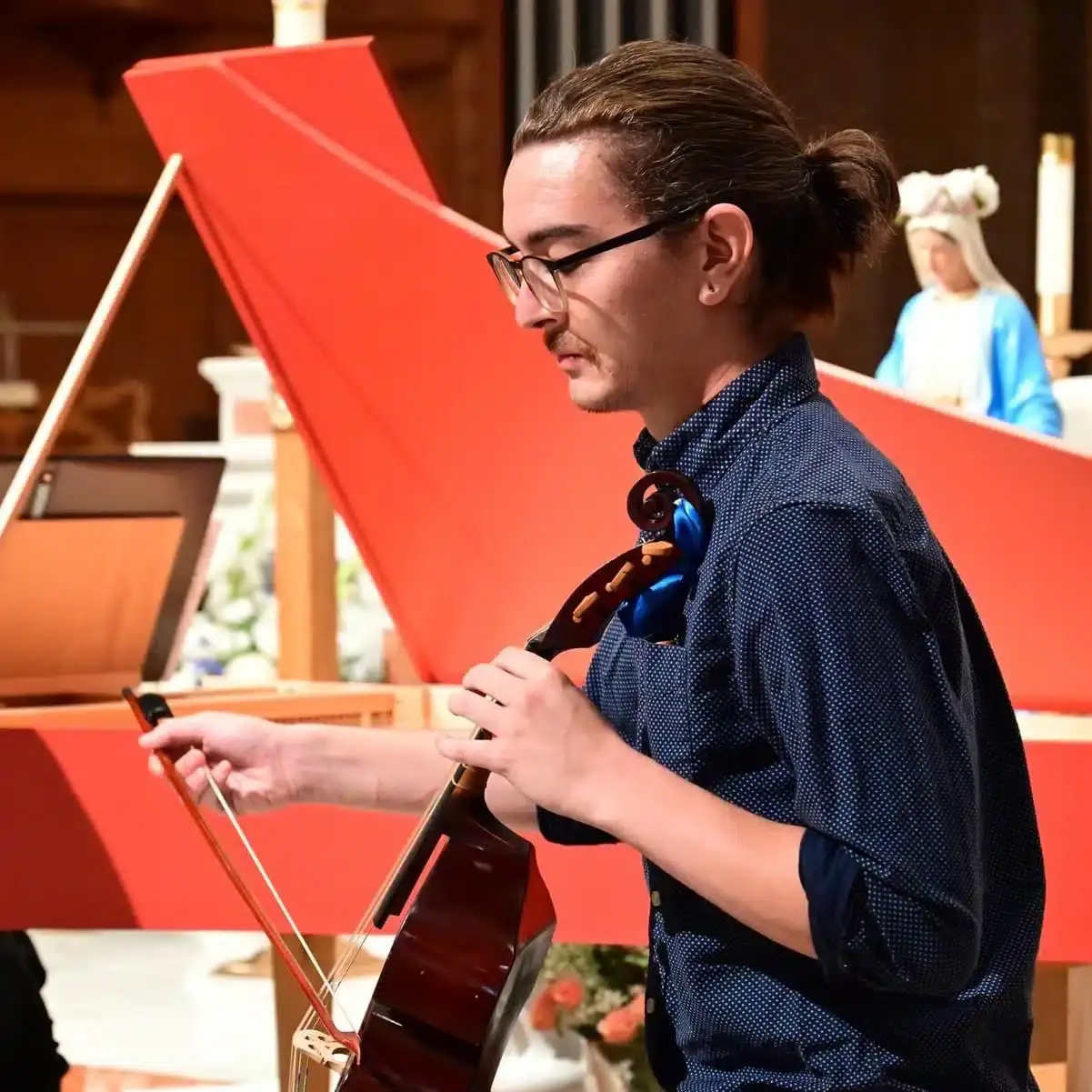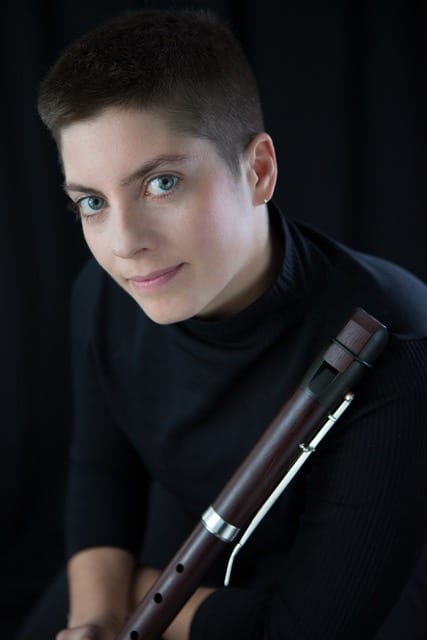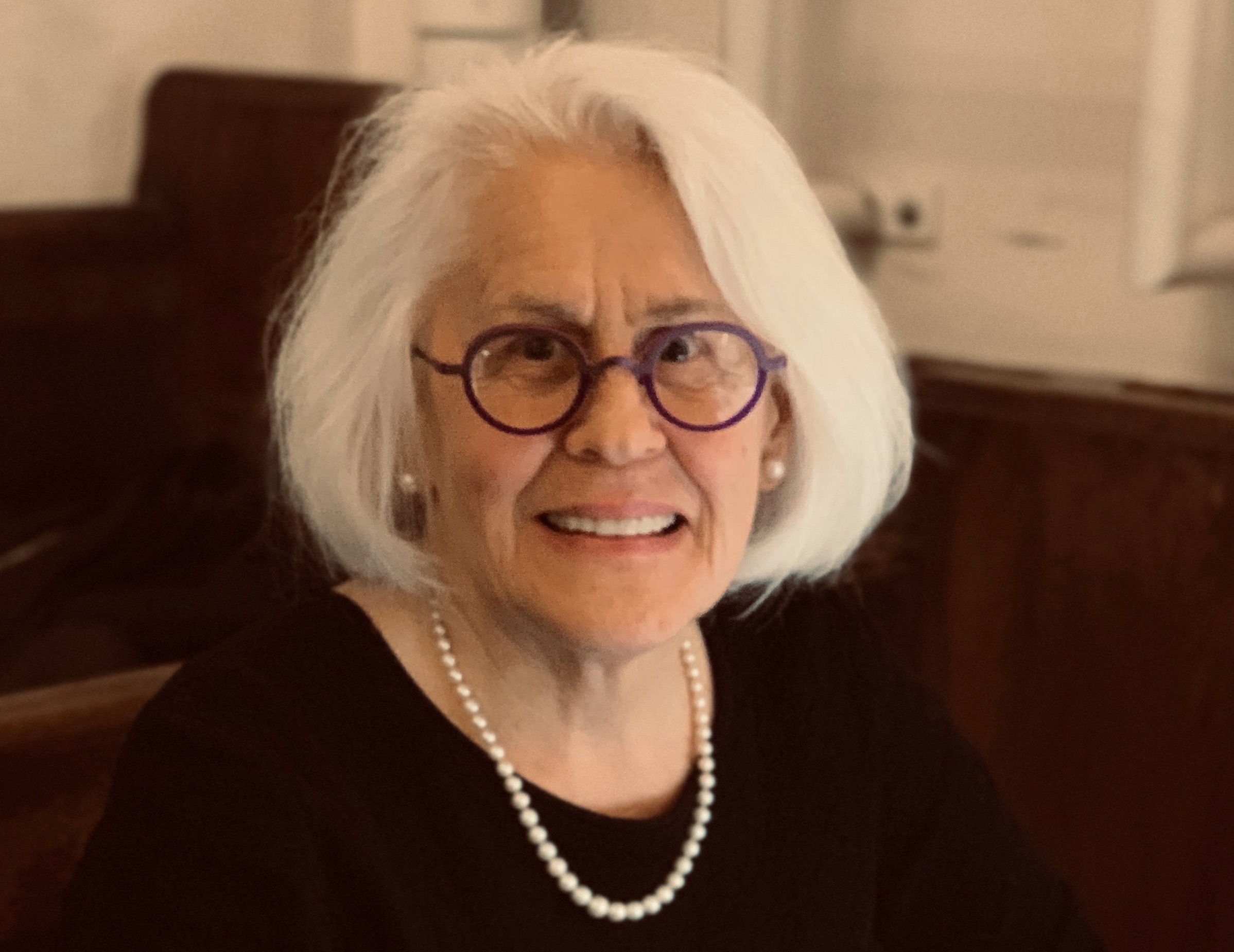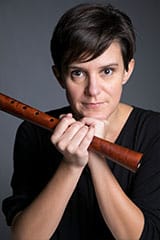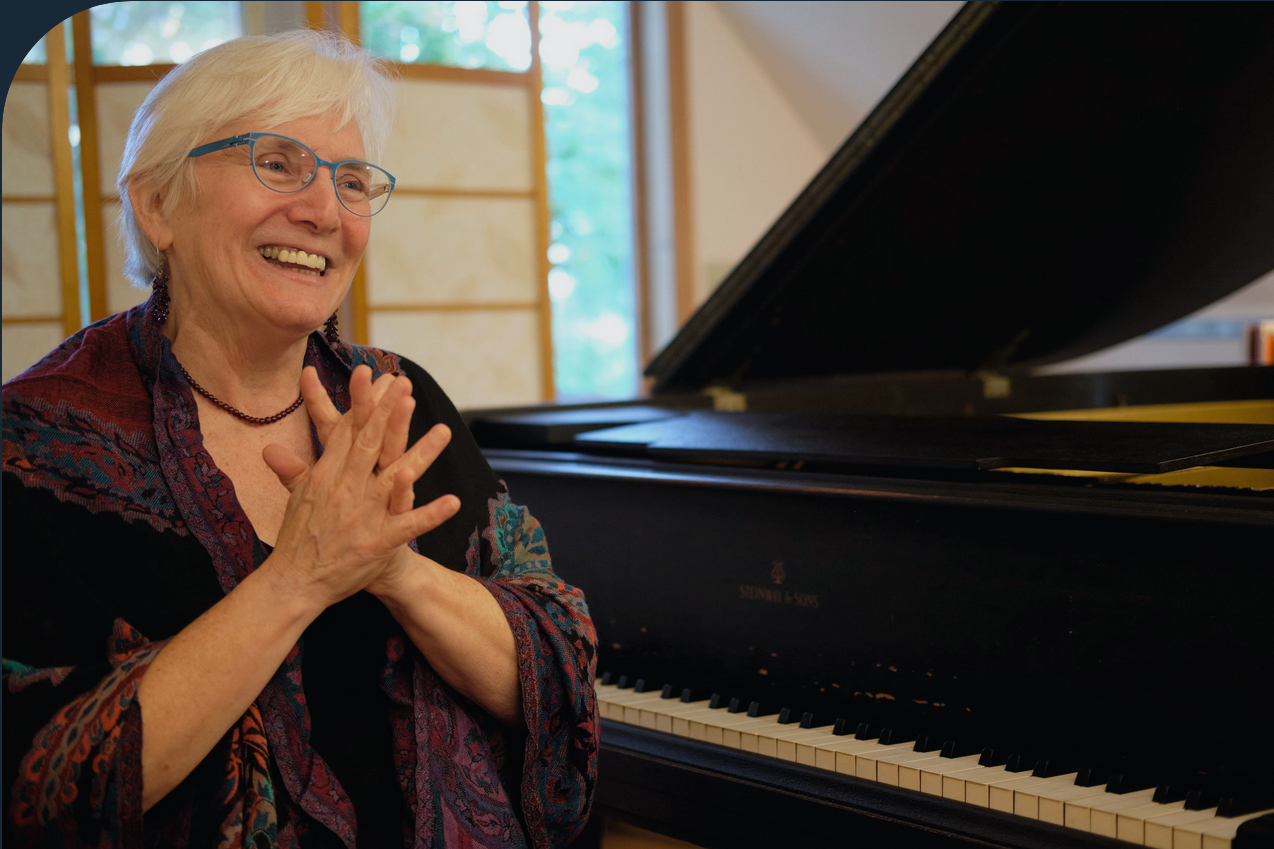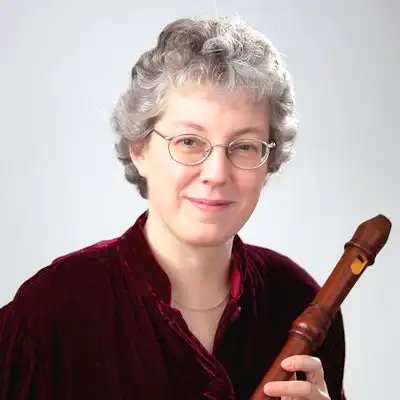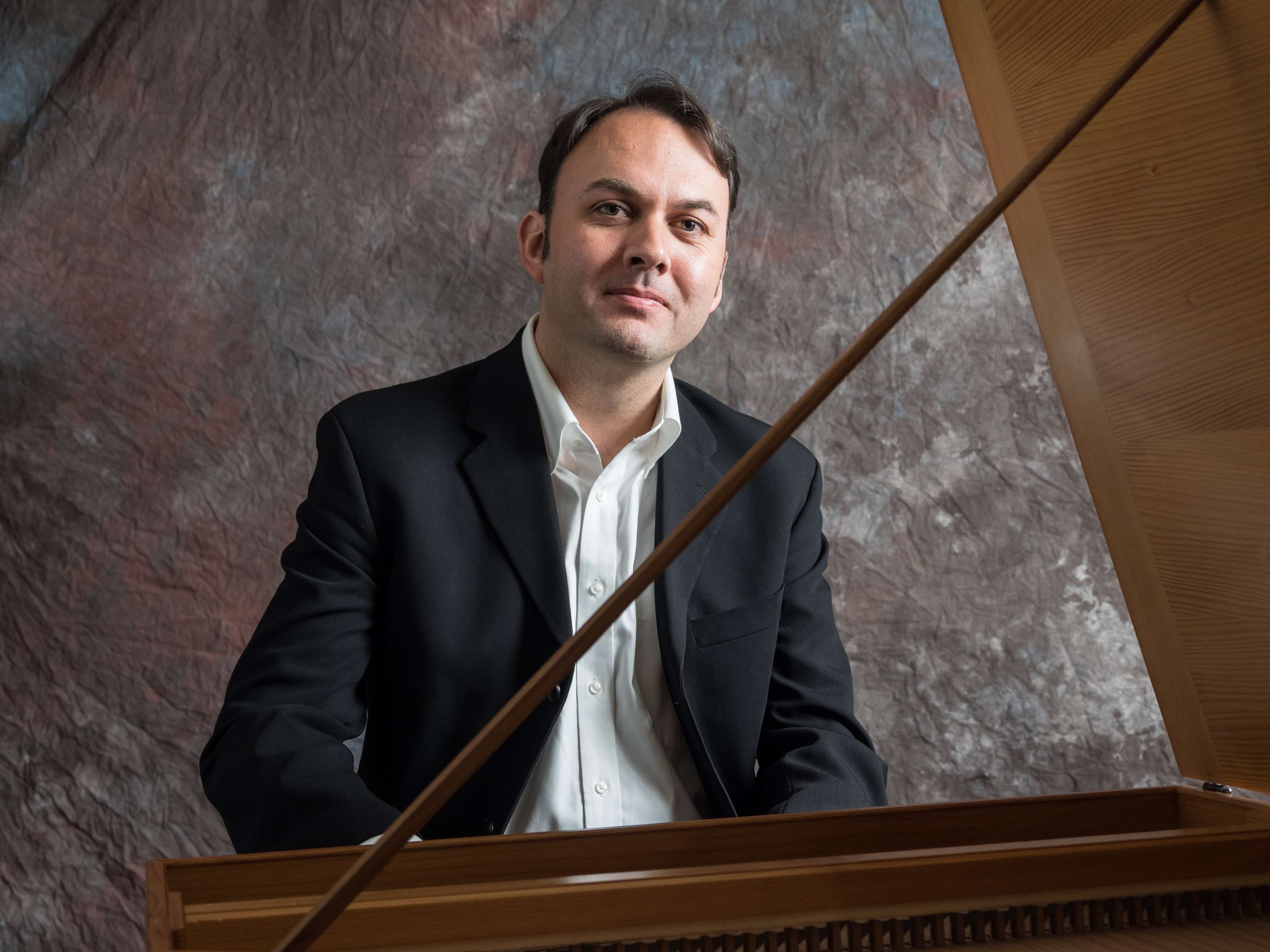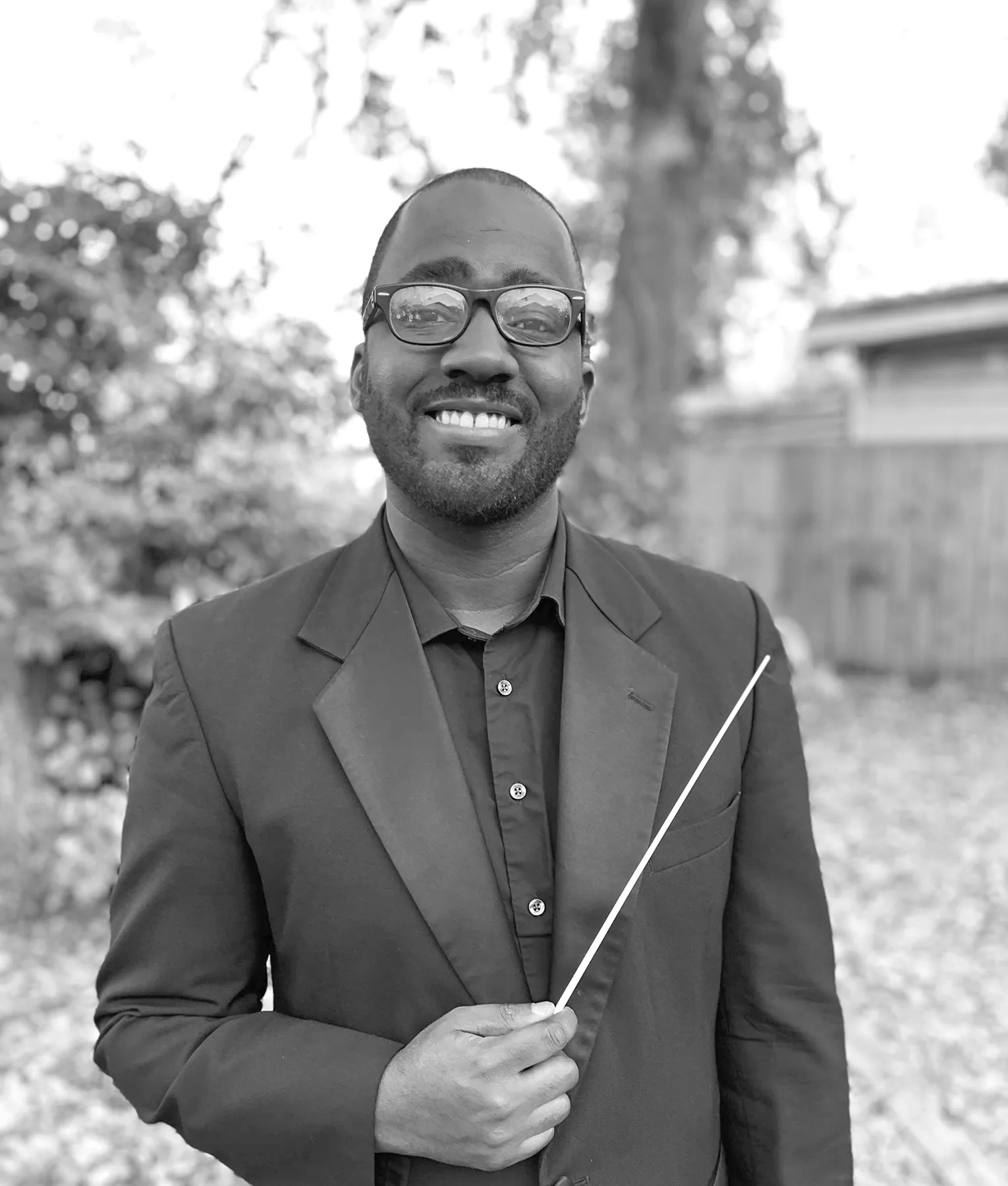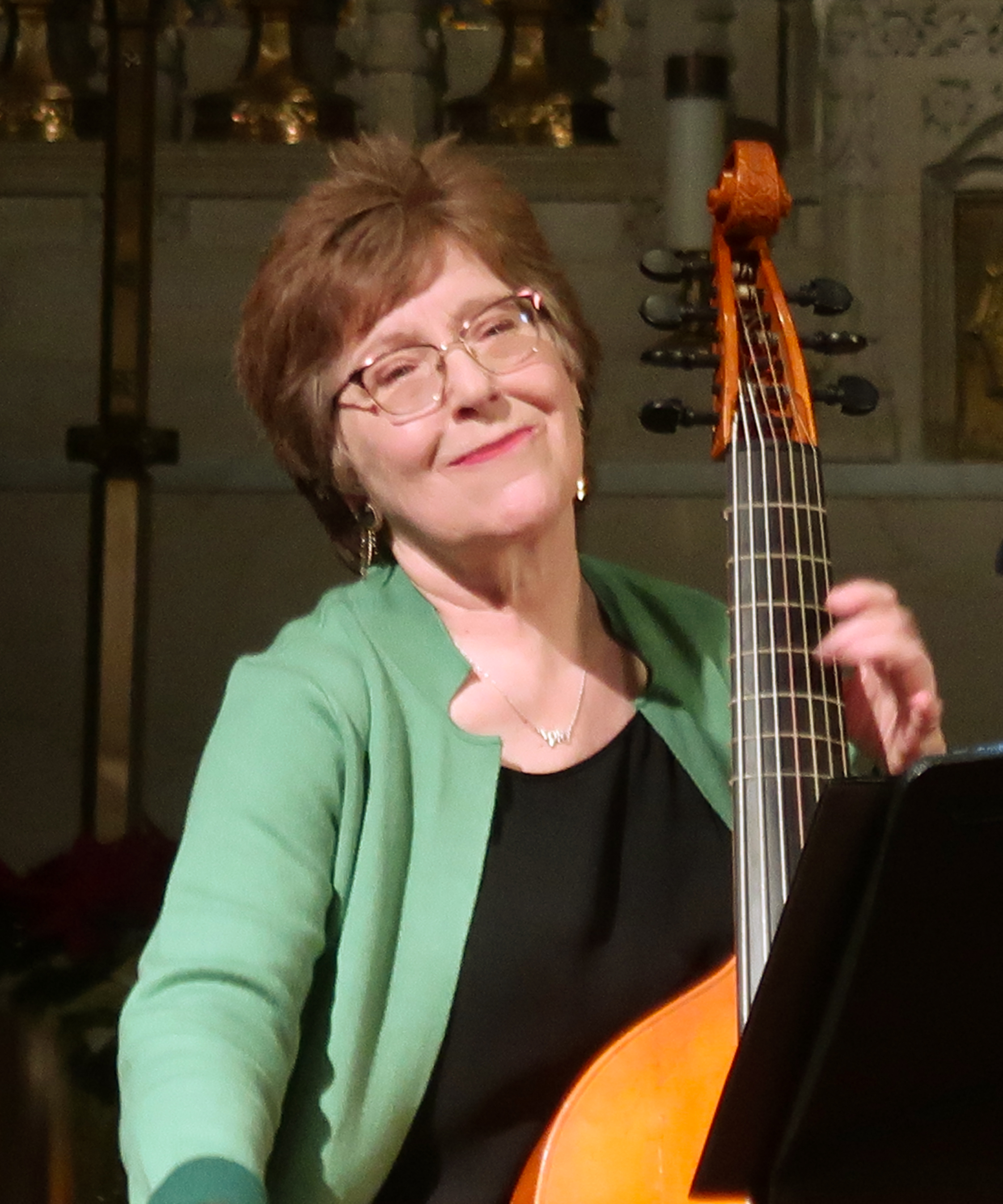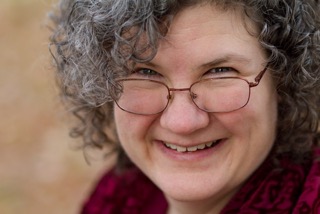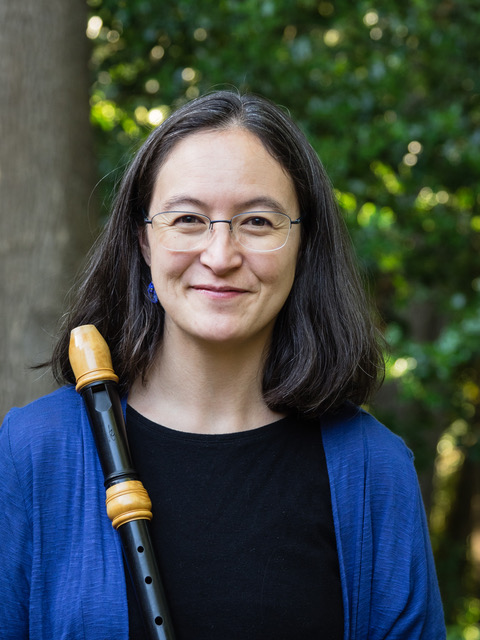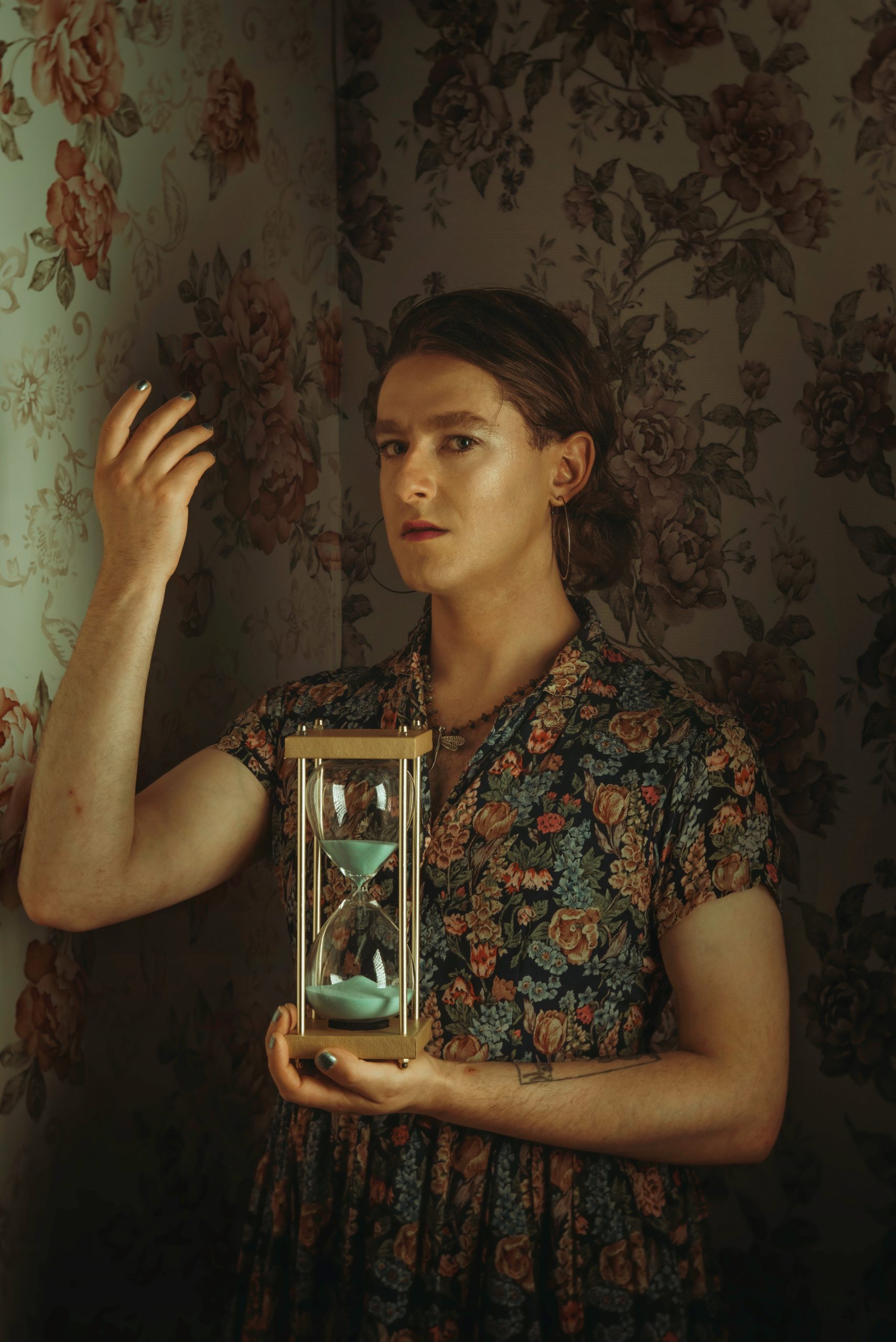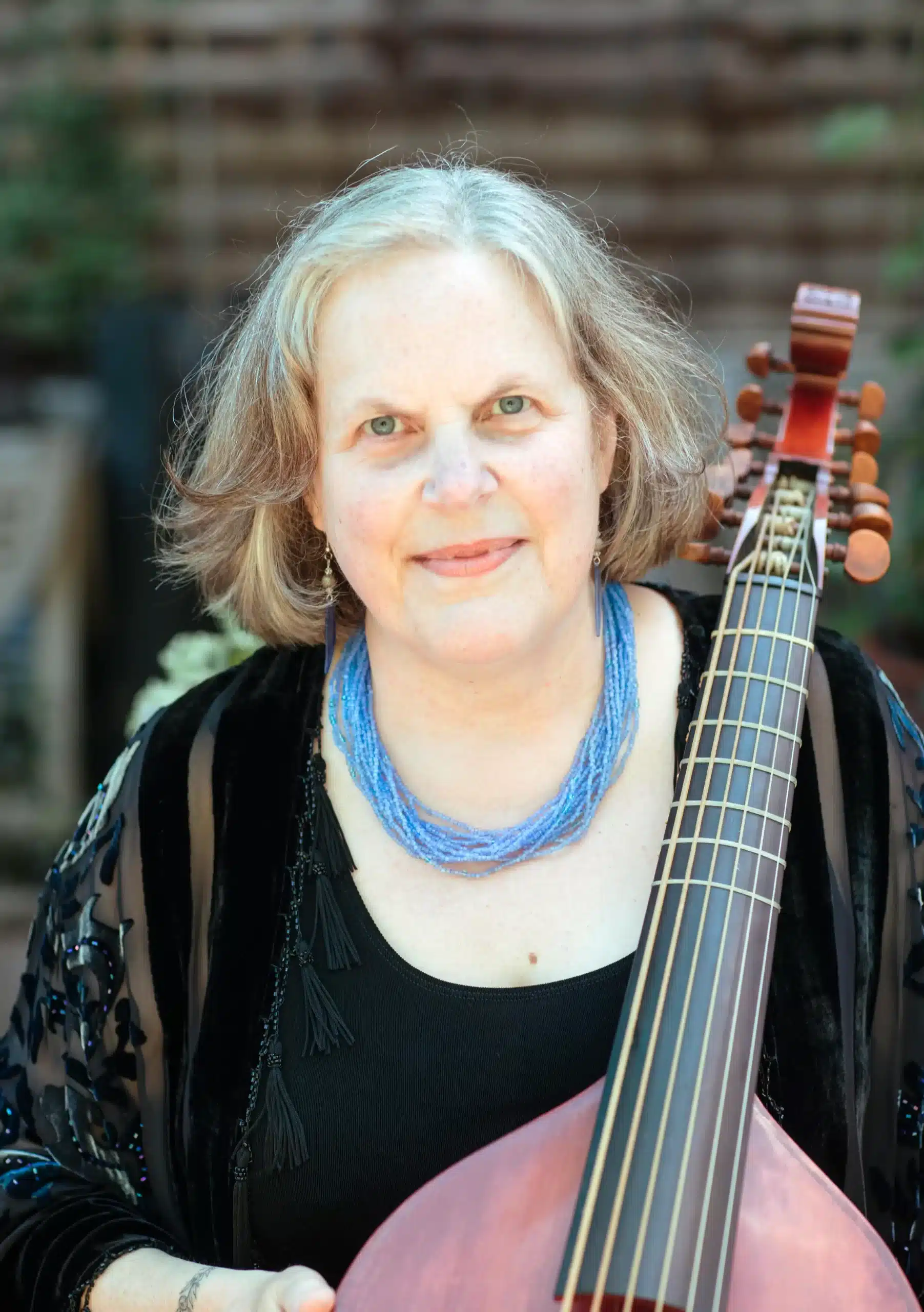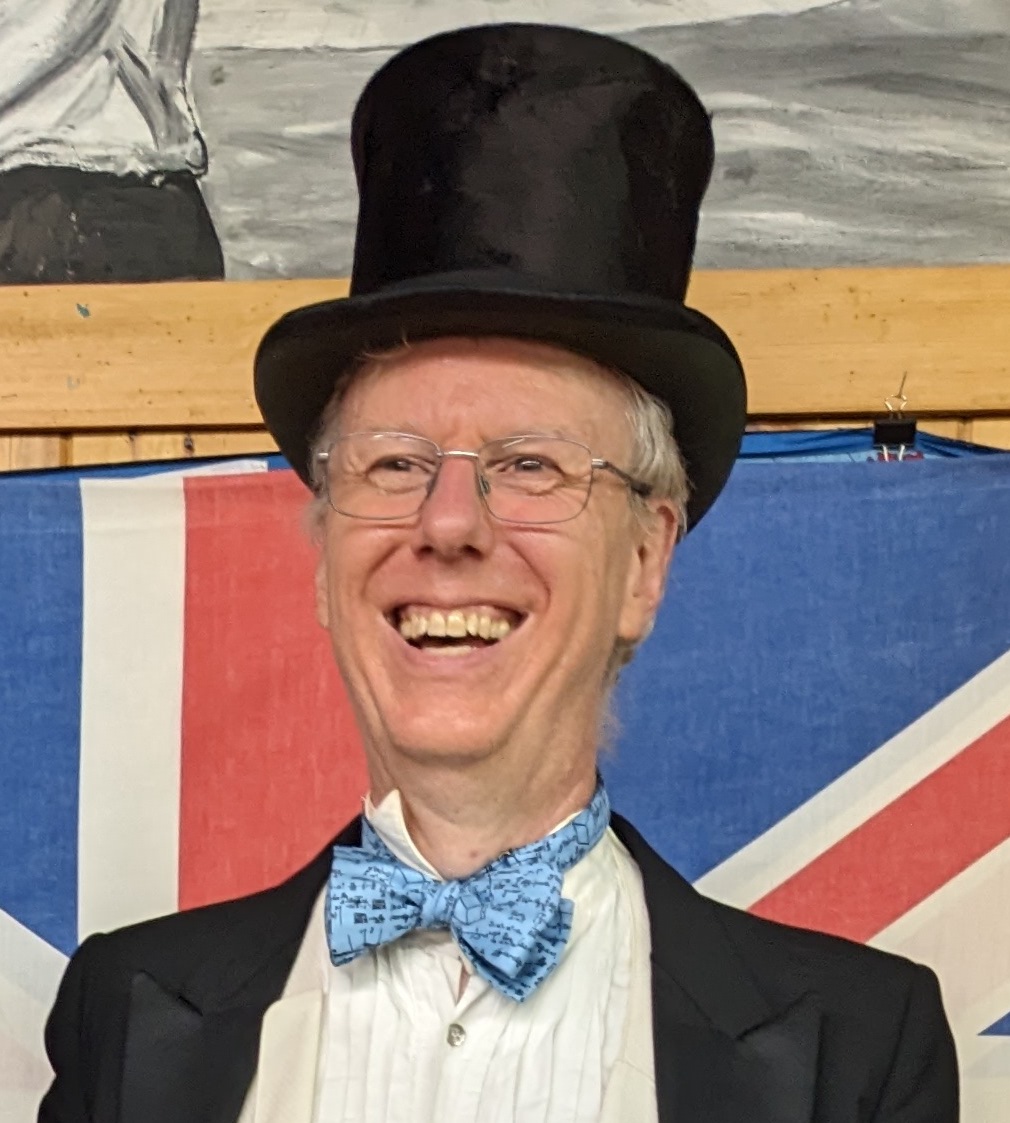“Fabulous music and dance in a magical setting.”
–Lorraine Graves
August 9-16, 2025 // Plymouth, MA
Renaissance, baroque, and medieval music for players and singers of all levels
Join our community Facebook group!
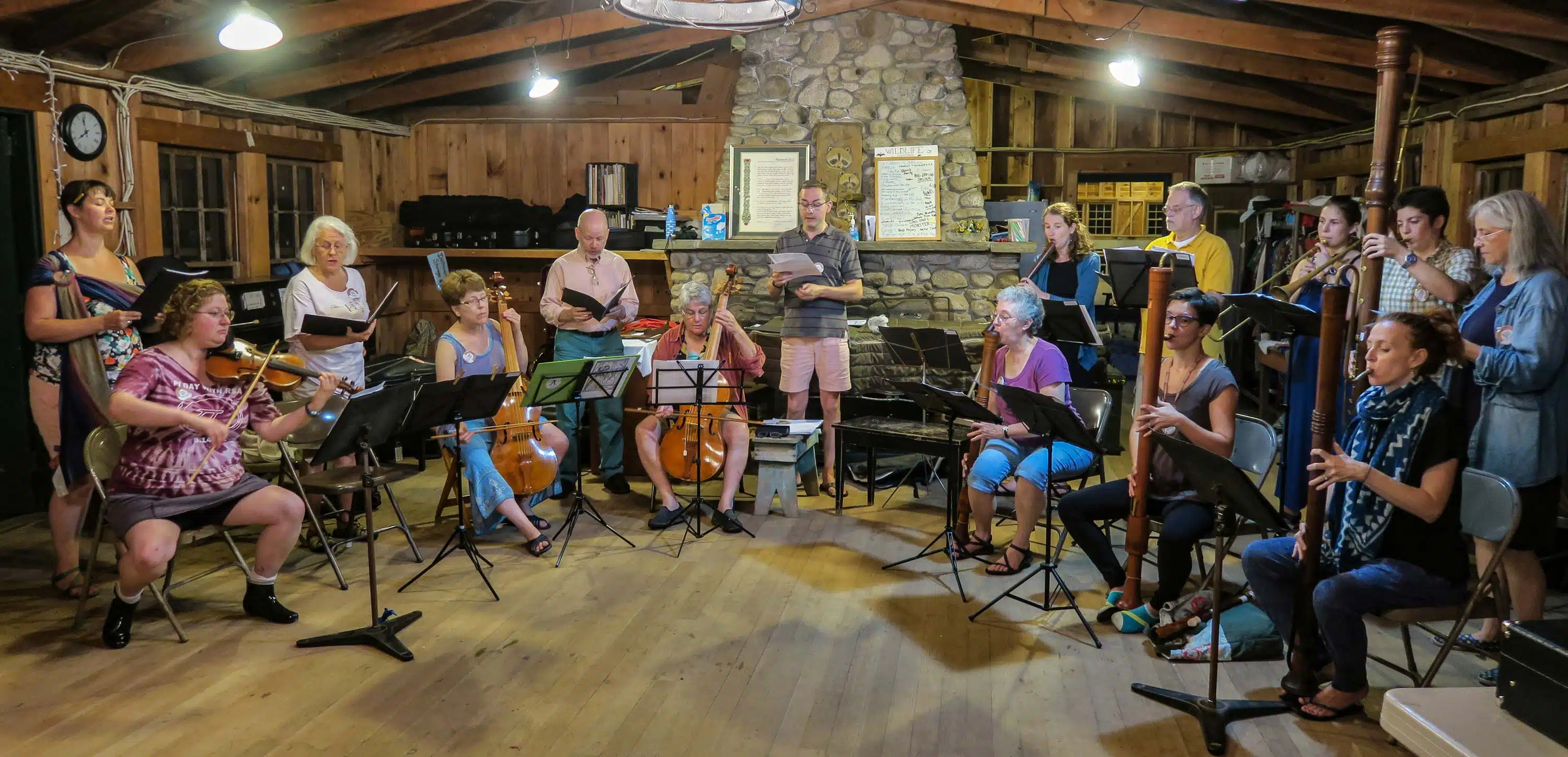
Program Description
Are you passionate about medieval, Renaissance, and Baroque music, especially as revived and played on period instruments? Do you also love nature and being in community with others? If so, this is the week for you!
Early Music Week offers joyful opportunities and challenges to players, singers, dancers, and listeners at every level, from novice to highly experienced. As classes unfold through the week, we explore and discover the connections that lie behind some of the world’s most vibrant and compelling early music. We dance together every day, connecting with dancers and musicians in a unique and spontaneous way, so different from a class or a concert hall—in the pavilions under the pine trees.
Work and Play
At Early Music Week, instrumentalists can focus intensively on their primary instruments, enjoy the opportunity to play with others in mixed ensembles, yet also find time to explore something completely new. Singers can delve into early music repertoire in small groups, sing in a chorus or collegium, or try an introductory instrumental class. Everyone is invited to enjoy English country dancing, with instruction during the day for all levels. The week also features an English dance band class, evening lectures on early music topics, a dedicated space for our LGBTQ+ community to meet and talk, an outstanding faculty concert, and various performing opportunities for our participants. The daily family-style meals are delicious!
Classes meet daily from Sunday to Friday. There are four class periods each day. Second period offers English dance classes for everyone.
Trailblazers & Renegades
This summer, we’ll explore the work of artists who defied expectations in order to share their ideas. They challenged authority, broke the “rules,” spoke truth to power, and changed the status quo in the process. We’ll consider points in time when music forged a new path with daring chromaticism, scandalous texts, or unexpected new compositional forms. Plenty of composers, scientists, and philosophers made good trouble for the sake of their art, but there were also the regular folks who got into predicaments! Whether lofty or mundane, in every century musicians have found a way to turn assumptions upside down and pave the way for new ideas.
This year we offer two large-scale projects. By hugely popular demand, Medieval Collegium returns under the guidance of Niccolo Seligmann and Ben Matus, this year exploring the spicy 14th-c. Roman de Fauvel. Jumping forward two centuries, Christa Patton and Michael Barrett will lead Monteverdi’s “Tirsi e Clori” for voices, baroque instruments, and lavish continuo band.
We can’t wait to share the week with you!
-Karen Burciaga, Program Director
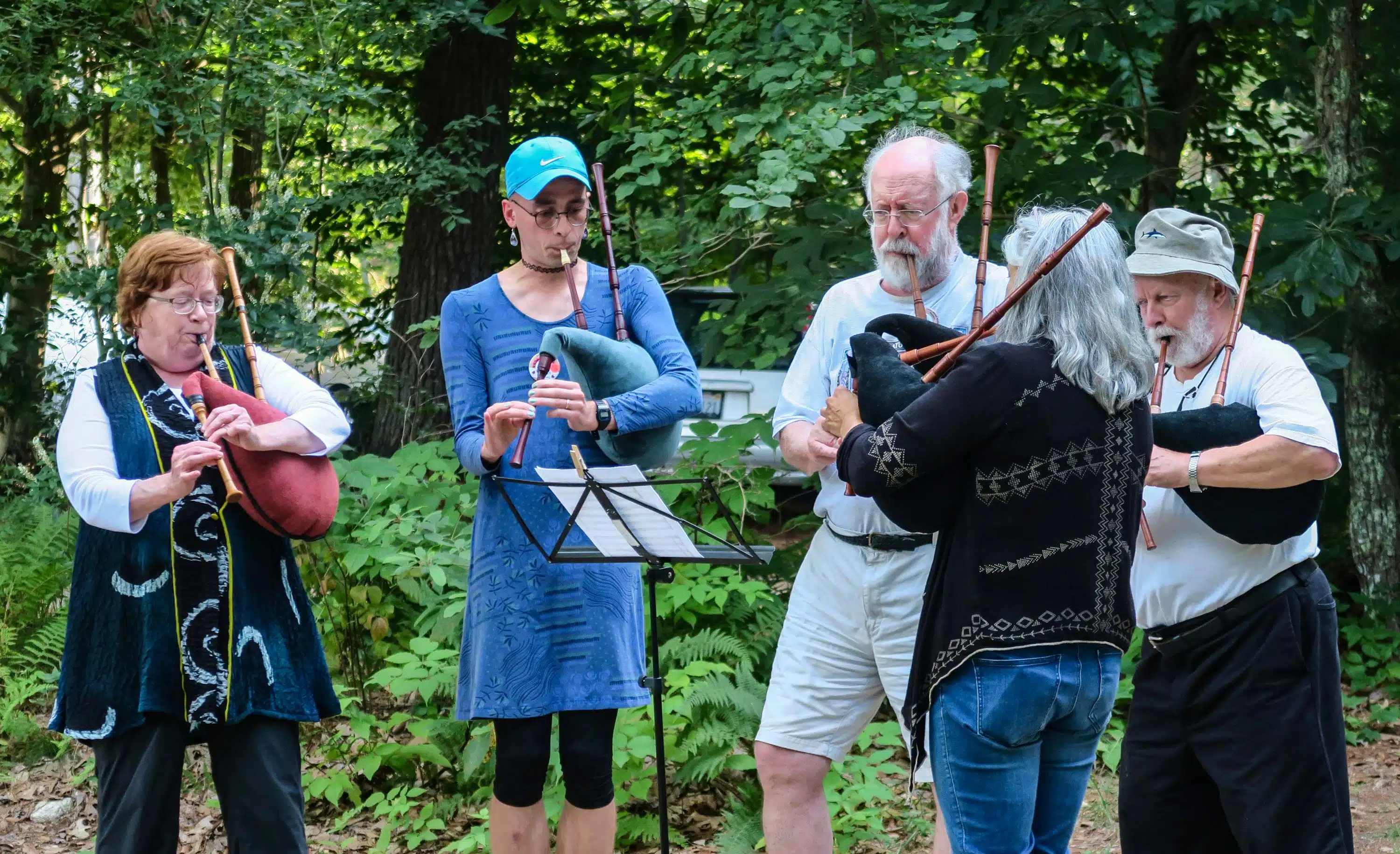
Schedule
Arrival and Departure
Saturday Arrival Schedule:
| 3:00 p.m. | The earliest you can start arriving at camp |
| 4:30-6:00 | Welcome party / lifeguard on duty for swimming |
| 6:00 | Tour of camp starting from the Camp House |
| 6:30 | Dinner |
| 7:45 | Orientation gathering |
| 8:15 | Opening night dance and party |
Saturday Departure Schedule:
| 7:45-8:15 a.m. | Breakfast |
| 10:00 a.m. | Final departure |
Draft Daily Schedule
| 7:45 a.m. | Breakfast |
| 8:15 | Stretches and vocal warm-ups |
| 9:00-10:15 | Period 1 |
| 10:45-11:45 | Period 2: English country dancing by level |
| 12:30 p.m. | Lunch |
| 2:00-3:00 | Period 3 |
| 3:20-4:20 | Period 4 |
| 4:30-5:00 | Tea time |
| 5:00-6:30 | Side-by-sides / free time |
| 6:30 | Dinner |
| 7:45 | Evening events (lectures, concerts) |
| 8:15-9:45 | Evening dance |
| 9:45 onward | Special events and after-dance activities |
Class Descriptions
Campers will receive a self-rating guide and class questionnaire with acceptance emails after March 17.
- Classes will be assigned based on your experience level and the interests you indicate in the class questionnaire.
- Experience level abbreviations: Beginner (B), Low Intermediate (LI), Intermediate (I), Upper Intermediate (UI), Advanced (A)
Pitch is A=440 for most classes.
Period 1
Instrumental and vocal consorts grouped by level
(B to A)
Recorder, viol, voice, violin/viola, mixed instruments, and advanced Baroque ensemble. Beginning and intermediate voice classes will include rhythmic, interval and sight-reading exercises to strengthen the students’ musicianship.
Advanced Vocal Ensemble – Michael Barrett
(A, voices)
For experienced singers, this class will work on a variety of issues, including vocal technique, interpretation, strategies for successful ensemble music-making, overcoming performance anxiety, and other issues that participants are interested in exploring. Join us if you’re interested in feeling better about singing on your own and singing together!
Harplines – Christa Patton
(All levels, harp)
Harpers were storytellers, and were often very close to people in powerful positions. In the 14th century, one harper was given armor and accompanied the King into battle providing entertainment for him in the evenings! Learn a few new melodies, some pointers to help your playing and, if we feel like it, perhaps tell a story together with our harps.
Introduction to the Recorder – Ben Matus
(B, recorders)
This friendly session will introduce you to that most beloved of instruments, the recorder! Intended for those with little or no recorder experience, by week’s end the class will have you feeling good about the basics and ready to play simple, satisfying tunes.
Sight-Transposition Boot Camp – Niccolo Seligmann
(LI and up, all instruments)
The piece is written in D, but the singer can’t sing it in any key higher than C. What do you do? This common situation has many bad solutions, but only one good solution: develop the skills to transpose on sight. Different strategies work for different people, but all of these strategies require a great deal of repetition. It’s not glamorous work, but once you can do it, you can always do it, and your singer will thank you.
Tracking the Tempestuous Triple Time Tunes – Jacqueline Schwab
(I-A, all instruments)
In this English dance band class, we’ll explore 3/2, 9/8 and 3/4 dance tunes, emphasizing improvisation to serve and uplift the dancers. We’ll create simple, vigorous basslines for 17th-c. triple time hornpipes, find alternate melodic paths for nuanced 18th-c. minuets, attempt perpetual motion for 18th-c. slip jigs, and lilt the melodies for 19th-c. waltzes. All are welcome who are able to play dance tunes up to tempo. Out of a pool of pieces, each student can pick some for individual work at their own playing level, plus the group will play some repertoire together. Modern pitch and style.
Period 2
English Country Dancing: An Introduction, and Then On We Go! – Jan Elliott
(B)
On Sunday and Monday, we’ll start with the basics so that you can then join Melissa’s class and enjoy the evening dances for the whole week.
ECD For All – Melissa Running, with Frances Fitch and Karen Burciaga
(B and up)
If you want to expand your English Country Dance experience, this class is for you. We’ll review some figures and vocabulary so you feel confident on the dance floor. We’ll learn a variety of dances and focus on style and the pleasure of dancing well, dancing with each other, and enjoying each other’s company, while seeing how the music informs the choreography.
Experienced ECD – Tom Roby, with Jacqueline Schwab and Emily O’Brien
(A)
English Country Dance has tunes and choreographies from across the centuries. We’ll sample the collection, appreciating its range and the characters of individual dances. This class will offer a wide array of English Country Dance’s gems, familiar and unfamiliar, historical and modern. Some dances will offer new challenges, but above all we will focus on the fun of dancing well together and the pleasure of supporting our fellow dancers. Prior ECD experience needed.
Period 3
Medieval Collegium: The Roman de Fauvel – Niccolo Seligmann and Ben Matus
(All levels, all voices and instruments)
The Roman de Fauvel remains one of the greatest and most influential works of the early 14th century. This massive work tells the story of Fauvel, an evil orange donkey whom Lady Fortune gives supreme power, who causes havoc and misery for the people. Not only was the Roman de Fauvel a scathing critique of the ruling class, it also was a pioneering work of the burgeoning ars nova style. Explore some of the spiciest monophonic and polyphonic songs from this monumental work. This special project will have the chance to perform on Friday before the participants’ concert.
Trailblazing within Your Miraculous Body – Frances Fitch
(All levels, all singers, dancers, and instrumentalists)
Explore the amazing machine that is your body: how it’s put together and designed to move. Learn ways to use it to make music with ease and freedom, avoiding the paths of pain and injury.
Did Somebody Say Pious? – Héloīse Degrugillier
(B-I, recorders, flutes, viols)
Nope. Our 16th-c. friend Claudin de Sermisy wanted to entertain all kinds of different….feelings. In this class, we will explore some of the standard church music that was the expectation at the time, then we’ll contrast it with music that was definitely NOT to be listened to in church. Shhhh…..
The Book of Rogues – Karen Burciaga and Christa Patton
(LI and up, all voices and instruments)
Explore the broadside ballads of early modern London. Basically the TikTok of its time, the 17th-c. broadside (a large, single sheet of paper sold for a penny) shared the very latest song texts ranging from entertaining stories to political news and religious rants, and were to be sung to familiar tunes–very often dance tunes. This class explores a humorous selection of ballads about people facing predicaments such as the lure of strong liquor, the dangers of gambling, and the woes of taking tobacco. We’ll hear caveats for tipplers and pickpockets, gently mock the Puritans leaving for New England, and share alarming tales of seduction, adultery, and bagpipes. We’ll look at original sources and discuss how to match tunes to texts, flesh out a simple melody, and be creative with instrumentation and delivery. What’s the “right way” to perform these ballads? That’s entirely up to you!
Making their Way in a Strange Land: Elizabethan Composers in Exile – Lisa Terry
(I and up, viols)
Richard Dering, John Dowland, Peter Phillips, John Bull and other Catholic composers chose to leave England rather than face persecution at home. As they plied their talents in the courts of the Continent, they shared ideas with composers such as Jan Pierterszoon Sweelinck, Girolamo Frescobaldi, and with each other. We will explore the repertoire that developed from these fertile cross-connections between English and Continental styles.
Nun Such – Eric Haas
(I-UI, recorders, flutes, strings)
We’ll explore vocal and instrumental works from convents including music of Claudia Rusca, Rafaella Aleotti, Caterina Assandra, Isabella Leonarda, and others. At a time when the study of music was considered “unsuitable” for most women, 17th-c. Italian convents held fast and instead fostered the nuns’ incredible talents. Many were quite prolific in their output; we’ll look at a variety of compositions and get to know their unique voices.
King of Insight: The Music of Galileo’s Life and Times – Michael Barrett and Sian Ricketts
(UI-A, voices, loud winds, recorders, viols)
Known for his bold scientific defense of heliocentrism, astronomer Galileo Galilei rearranged the music of the spheres and challenged the dogma of the Catholic church. He was the son of famous lutenist and anti-polyphony curmudgeon Vincenzo Galilei, and was reputed to be a fair musician himself. Living in Venice, he made his scientific and engineering discoveries at the same time as masterworks of both sacred and secular music were being created just down the street. Explore the musical landscape of this rebel whose name was so nice you (almost) say it twice, with works by fellow rebels Bassano, Merulo, Marenzio, Gabrieli, and other Italian innovators. We’ll focus on the shifting styles of madrigal composition during his lifetime and how to bring them to life.
Le Nuove Musiche: 17th-century music with basso continuo – Jonathan Oddie
(UI-A, recorders, viols, strings, all continuo)
The decades around 1600 saw an explosion of new styles in Italian music, as innovations in opera, basso continuo and solo monodic song spread outwards and influenced other genres including instrumental music. We will explore path-breaking music by Salamone Rossi–one of the most significant Jewish composers, who composed both secular instrumental music and polyphony for the synagogue–as well as instrumental and vocal works from the period by Monteverdi and Frescobaldi, all of them innovators whose music clashed with established musical authority and precedent.
Musica Nova – Sarah Mead
(UI-A, voices, viols, low recorders)
In 1559 Adrian Willaert’s trailblazing publication Musica Nova took the musical world by storm. The novel concept of one large collection of polyphony devoted half to madrigals and half to motets was so striking that the his Venetian publisher saw fit to reject his previous horizontal layout and issue the first set of part-books in upright format, featuring a large engraved portrait of the composer himself as well as a crisp, brand-new type-face. What makes this old music “New Music”? Find out for yourself as we look at these madrigals and motets in 4-7 parts.
Belle, Bonne, Sage – Miyo Aoki
(A and UI with excellent rhythm, recorders)
A great flowering of musical activity occurred in the late 14th century, producing delicately intricate pieces in a new and subtle style, or ars subtilior. This music is full of complex rhythms and interesting melodies, and composers took great pains to notate it in equally novel ways. In addition to giving voice to compositions from this unique repertoire, you will enjoy the intellectual challenge of their rhythmic complexity.
Period 4
Money Makes the Medieval World Go Round – Niccolo Seligmann
(All levels, all voices and instruments)
Over the course of the 12th-14th centuries, many feudal relationships were replaced by financial transactions. Anxiety and anger about this shift shows up in art, literature, and music of the time. Explore a world of corrupt lawyers, hypocritical clerics, and wicked rulers, all willing to sacrifice their eternal souls for cold hard cash. Repertoires include the Carmina Burana manuscript, organum manuscripts, and more.
Early Chanson Club – Ben Matus
(All levels, all voices and instruments)
Together we’ll sing and play some of the most exquisite polyphonic songs of the 15th century using a facsimile edition. We’ll learn (or review!) the basics of reading Mensural Notation and develop a new relationship to ensemble playing/singing that comes from only seeing your own part. But don’t be daunted–polyphony is a team activity!
Reformation Roulette – Joshua Overby
(B-I, singers)
Would you be able to keep your faith if the crown changed from Catholic to Protestant with every new monarch? How about if churches were burning and the only way for you to express your true faith and art was in secret meetings? That is exactly what William Byrd and his contemporaries were forced to navigate in 16th-century England during the Reformation. We’ll take a look at some of the incredible vocal music that was born during this turbulent time! Open to everyone who wants to sing.
At Home with Hildegard: Enjoying medieval monophony on one’s own or with friends – Sian Ricketts
(All levels, all voices and instruments)
Learn how to approach the wild, expressive, and singular monophonic repertoire of the medieval polymath Hildegard von Bingen. We will contend with beautiful neumes (in modern notation and facsimile), learn about medieval vocal performance practice from contemporaneous literature (and how to apply it to instrumental performance), and create our own unique arrangements for the class of works drawn from Hildegard’s “Symphony of the Harmony of Celestial Revelations.”
The Golden 50 Years: ECD from 1679-1728 – Tom Roby, with Jacqueline Schwab
(I and up, dancers)
Within the 375-year history of English country dancing, the 50-year span from 1679-1728 is striking for the sophistication of its figures and the beauty of its tunes. Hornpipes in 3/2 flourished, thanks in particular to Henry Purcell. We will focus on dances first published in this period, using them to elevate our dancing to higher levels. For dancers with some ECD experience.
Curmudgeons of the English Renaissance – Miyo Aoki
(I-UI, recorders)
Some of the loveliest music circulating in Renaissance England was written by some very grumpy or badly-behaved composers. We’ll catch a glimpse of their more sensitive sides as we play beautiful pieces by Christopher Tye, John Dowland, Thomas Weelkes, and other curmudgeonly characters.
Wild Rhythms of the Early Renaissance – Jan Elliott
(I and up, recorders)
The development of increasingly precise rhythmic notation in the 14th century led to greater complexity and syncopation in late medieval and early renaissance music. The adventurous proponents of this new style, starting with Guillaume de Machaut, took full advantage of the ability to notate intricate syncopations, creating music with both a solid “groove” and fancy filigree–fun, challenging, and very rewarding to play. Join us for a rhythmic romp!
French Music is Best: Early German followers of Lully – Lisa Terry
(UI and up, viols and violins)
Johann Sigismund Kusser spent years playing violin in Jean-Baptiste Lully’s orchestra at Versailles, where he absorbed and learned to compose in the French Baroque style. He returned to Germany moving from town to town as concertmaster of local orchestras, introducing Lully’s style across the land. Our class will explore suites for strings by Kusser and other “Lullistes” such as Johann Caspar Ferdinand Fischer and Georg Muffat.
Repertoire Thieves – Emily O’Brien
(UI-A, recorders)
Recorder players love to flagrantly steal repertoire from other instruments. In this class, we’ll work on a variety of music that was not originally intended for recorder! We’ll plunder the very best of other instruments’ musical works and make them our own.
Chromaticism, You Little Devil! – Héloīse Degrugillier
(UI-A, recorders, flutes, viols)
Famed and fiery Italian madrigalist Carlo Gesualdo was born just a little bit different. He never wrote anything that was conventional, and he would never shy away from a good sharp. But other (err, normal) composers had to work at it, experiment, and find out for themselves what the fuss was all about. We’ll explore daringly chromatic music by Gesualdo as well as works by da Rore, Steffano, and Bach.
Monteverdi Project: Tirsi e Clori – Christa Patton and Michael Barrett
(UI-A, voices, continuo instruments, violins, low viols, recorders)
In 1620 Monteverdi was Maestro di Capella of St Mark’s Basilica in Venice (his dream job) when his old boss made him an offer to return to his former position in the swamps of Mantua for lower pay. Monteverdi said “no deal, but thanks for allowing me to dedicate my latest book of madrigals to your wife!” Tirsi e Clori is the final work in Monteverdi’s 7th book of madrigals dedicated to Caterina de Medici, Duchess of Mantua, Duke Ferdinando Gonzaga’s better half. Singers have opportunities for solo or chorus parts as they wish. Violins, low viols, and recorders play 5-part balli (dances) and sometimes join with the voices. All harps, lutes, theorbos, and guitars welcome in our big continuo band!
Extracurricular Activities
Late-Night Consorts – David Hunt


An Early Music Week favorite! Enjoy late-night social playing each day in groups large and small, structured and not. These are inclusive “tap in tap out” style sessions–we encourage you to play for a bit, then invite someone else to step in as you take a break, enjoy a snack, and listen to glorious music. Plenty of opportunity for pet projects, skill-sharpening, and merriments. Bring copies of a special piece you’d like to share; join for as long or as little as you wish.
Queer Hangout Space – Niccolo Seligmann
This open-ended “class” invites queer & trans students to spend time in an Early Music/ECD space truly for queer people. We can share our experiences in Early Music/ECD, learn about each others’ lives, and explore ways to create more space for ourselves within the larger majority-cishet early music/ECD communities. While all students are welcome, non-queer students are encouraged to take a listening-oriented role.
Nature Walks – Chris Jacobs
Pinewoods Camp Executive Director and resident biologist, Chris Jacobs, takes us on walking tours of Pinewoods Camp to learn about the incredible flora and fauna of eastern Massachusetts. One walk will be before breakfast, and another just after lunch.
Dance Terminology
| English country dance | Positional terminology |
Registration and Fees
Camp fees cover all accommodation, meals from dinner on the arrival day to breakfast on the departure day, and all of the various dance, music, and song events in the program.
| Standard Fee | |||||
|---|---|---|---|---|---|
| $850 | $1,000 | $1,175 | $1,300 | $1,400 | $1,500 |
Staff
Program Director
Staff
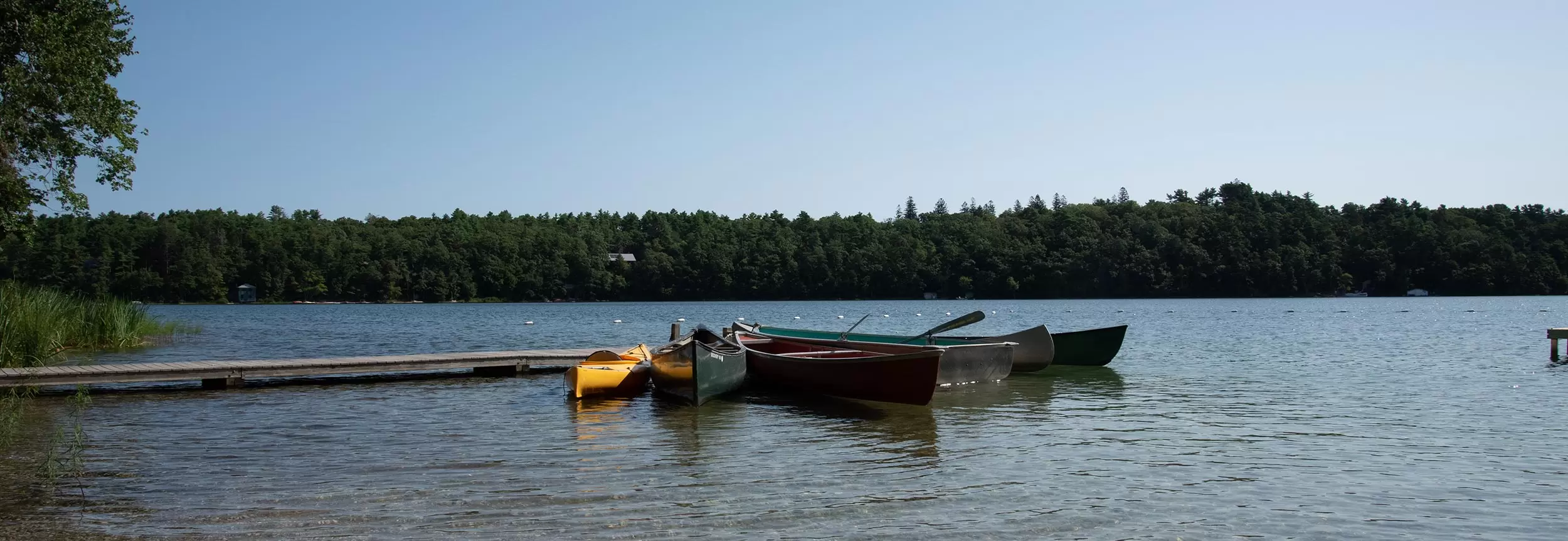
 Dance, Music, & Song Camps
Dance, Music, & Song Camps